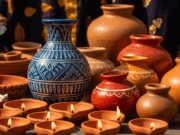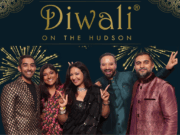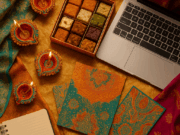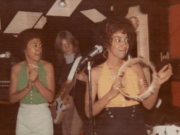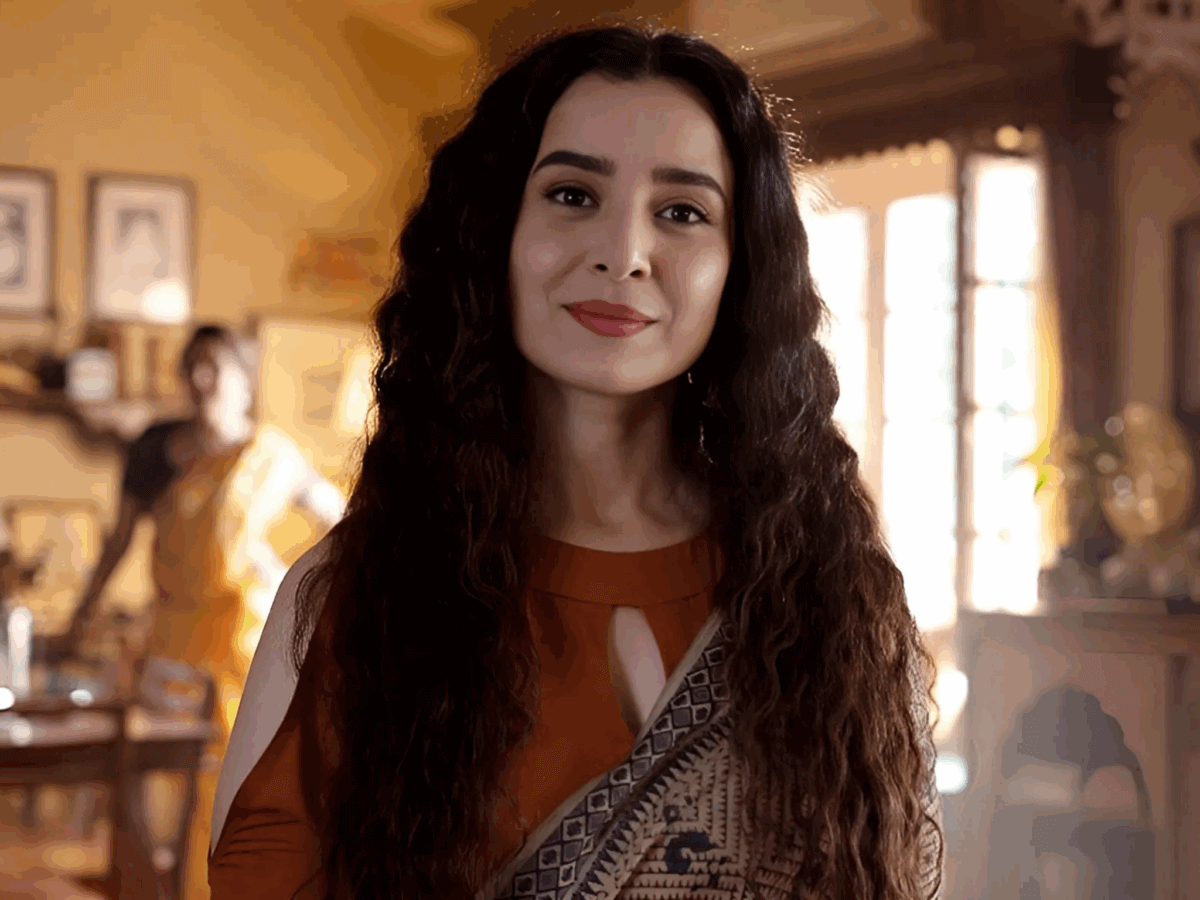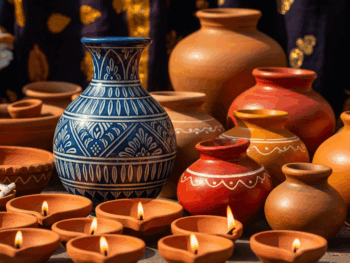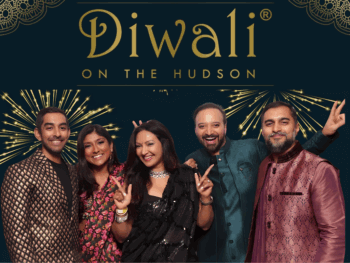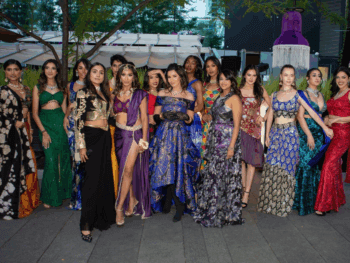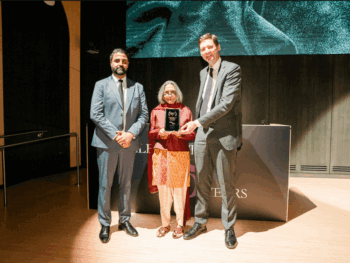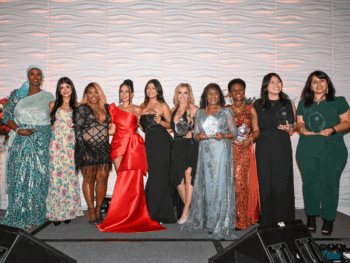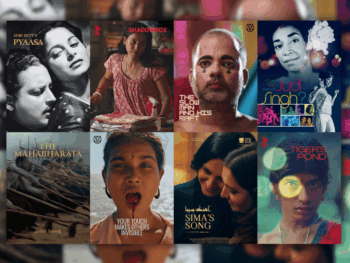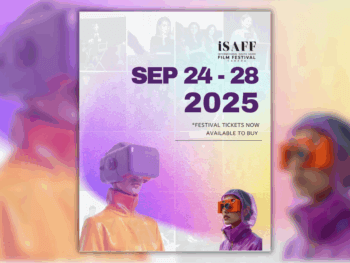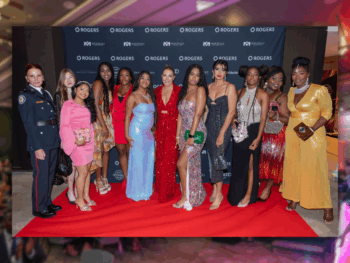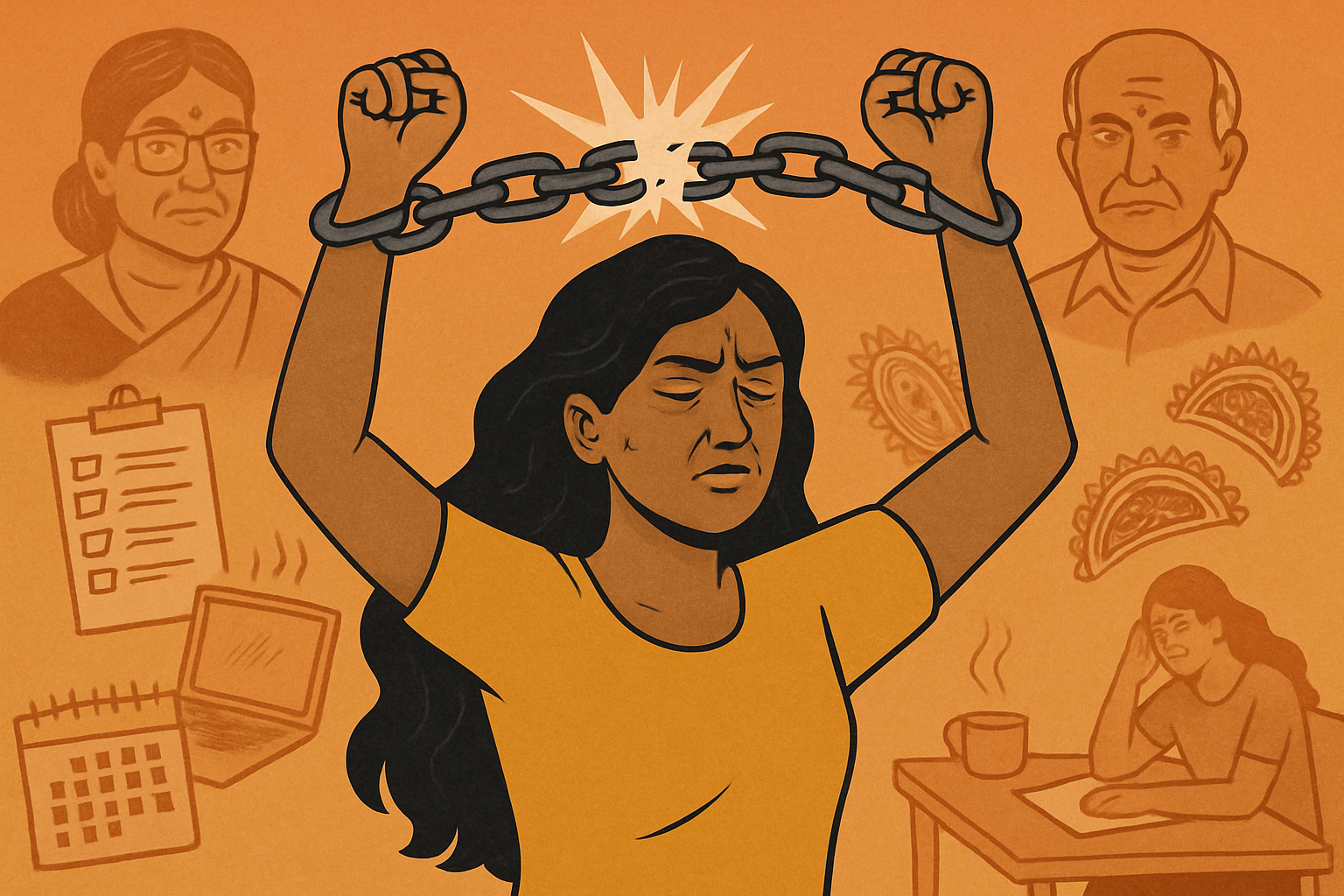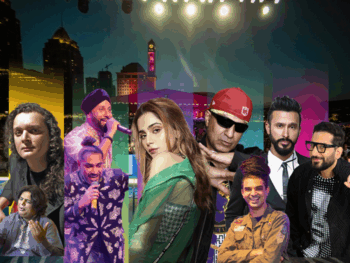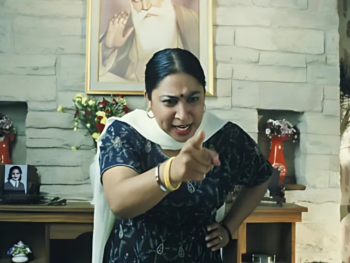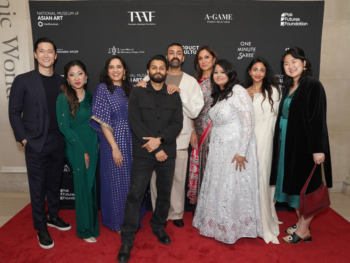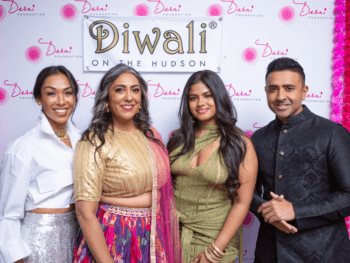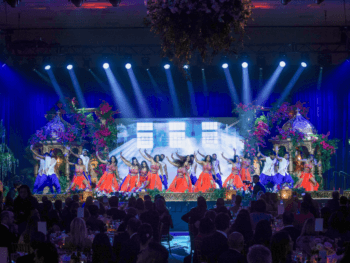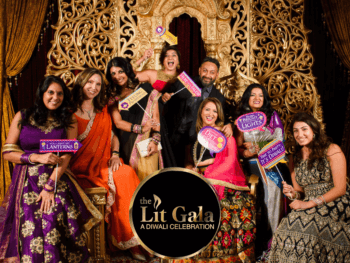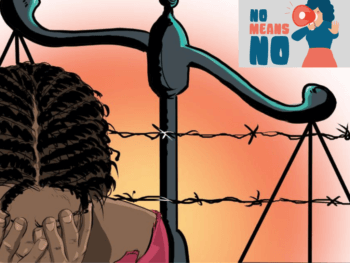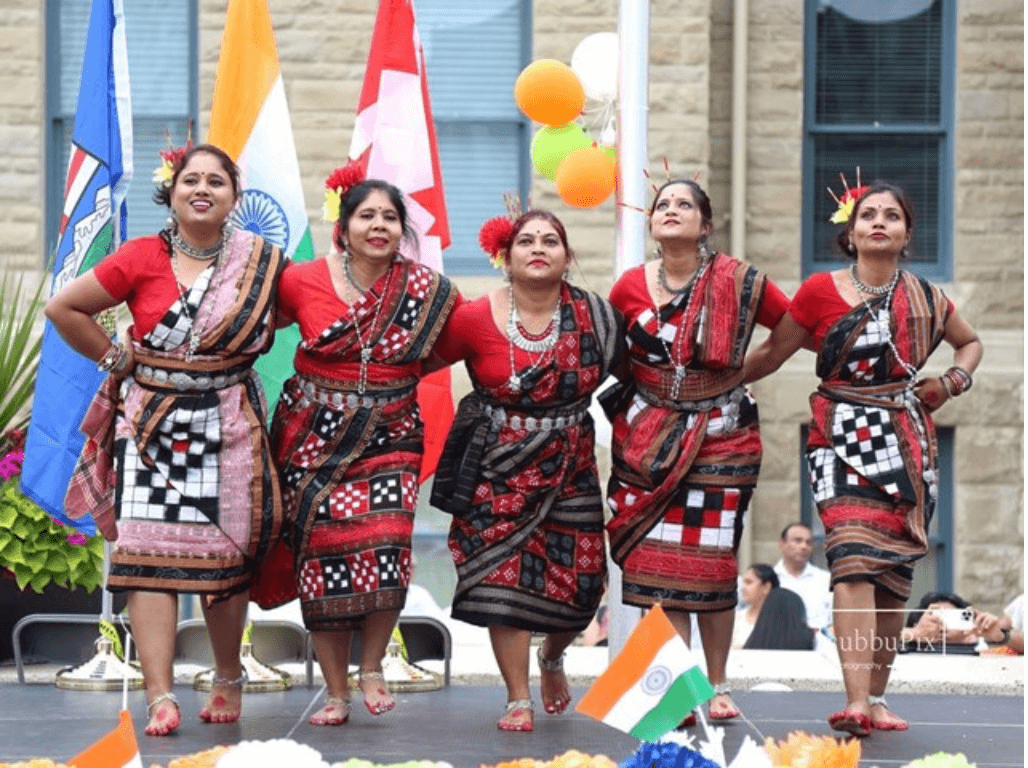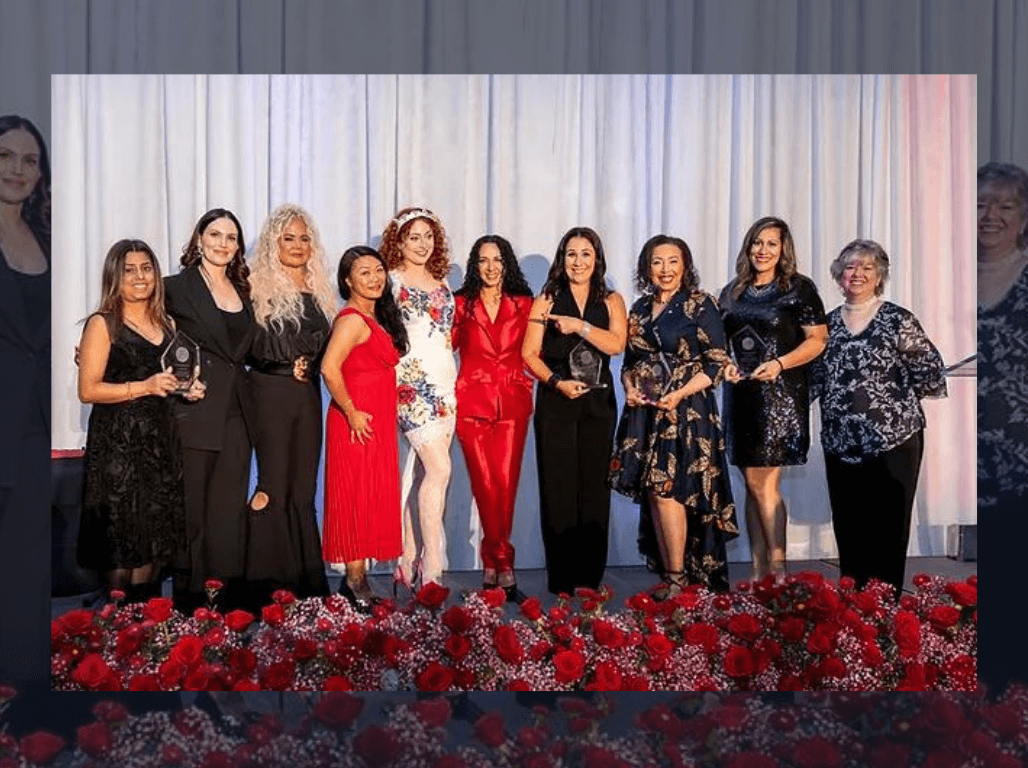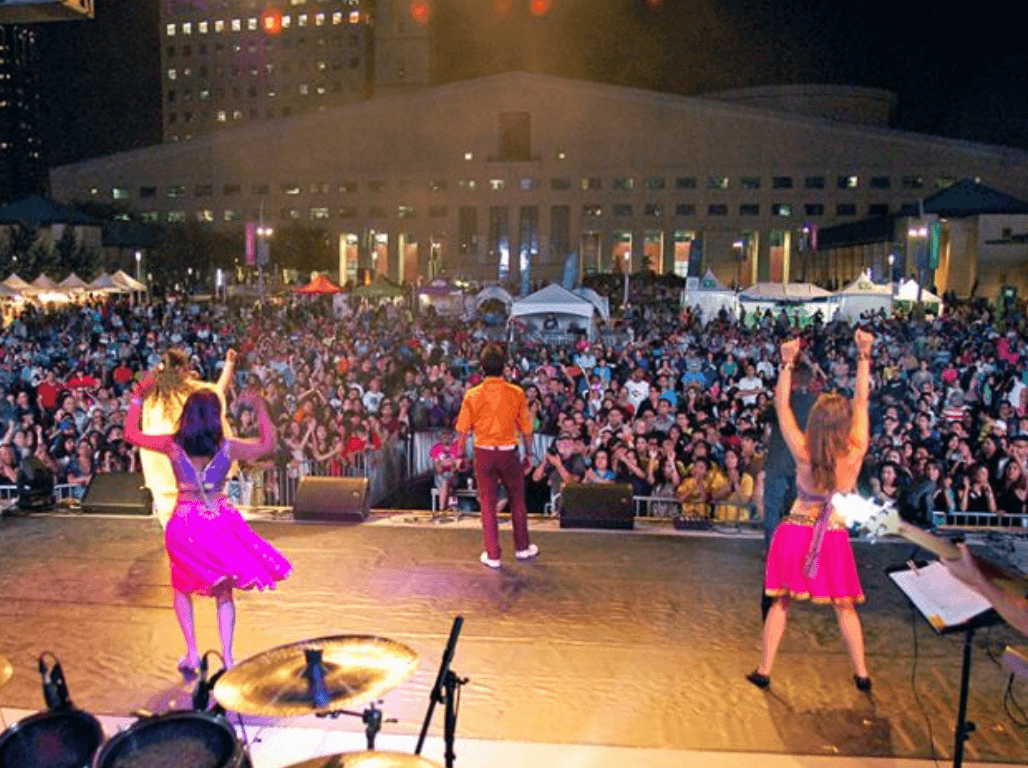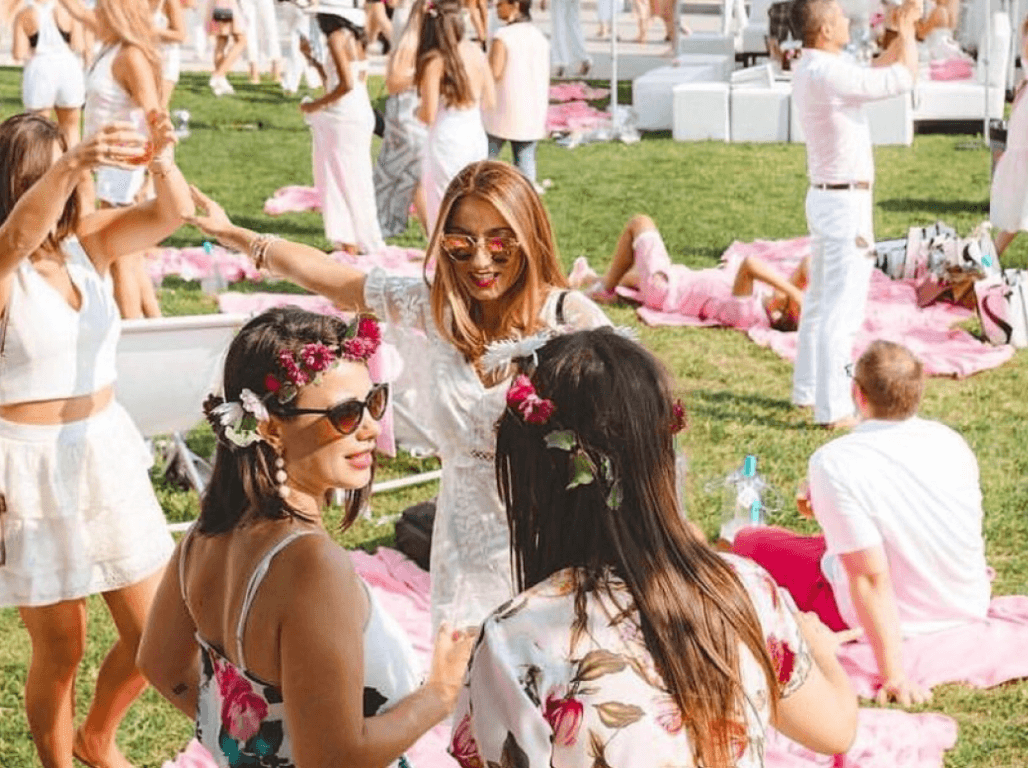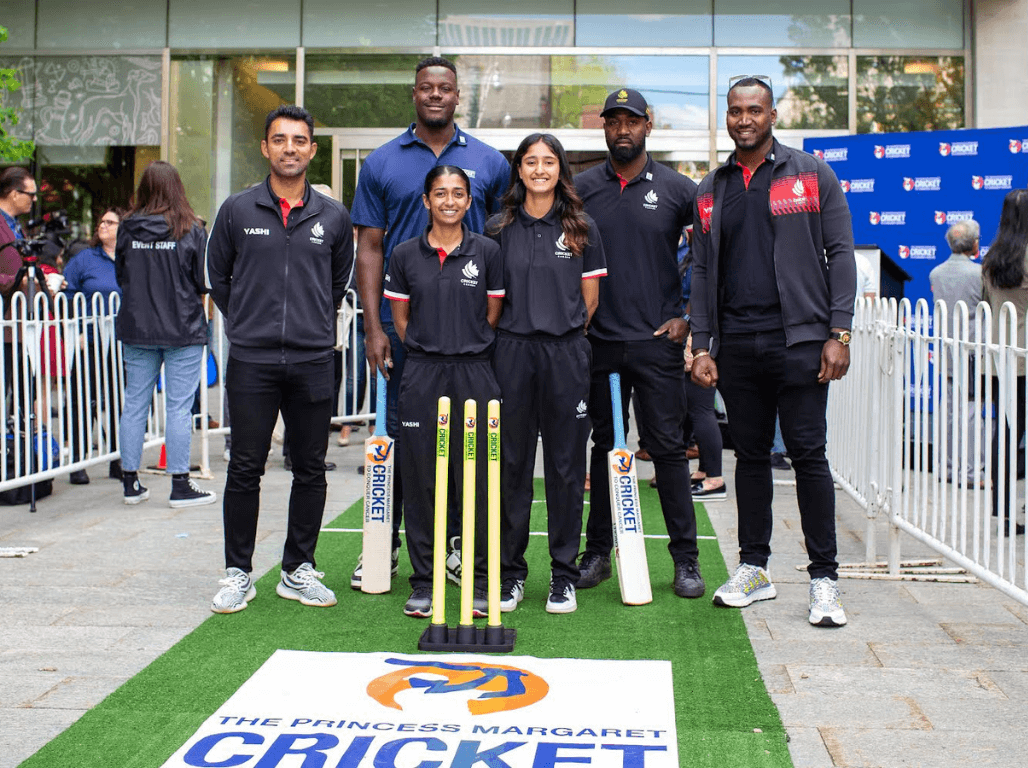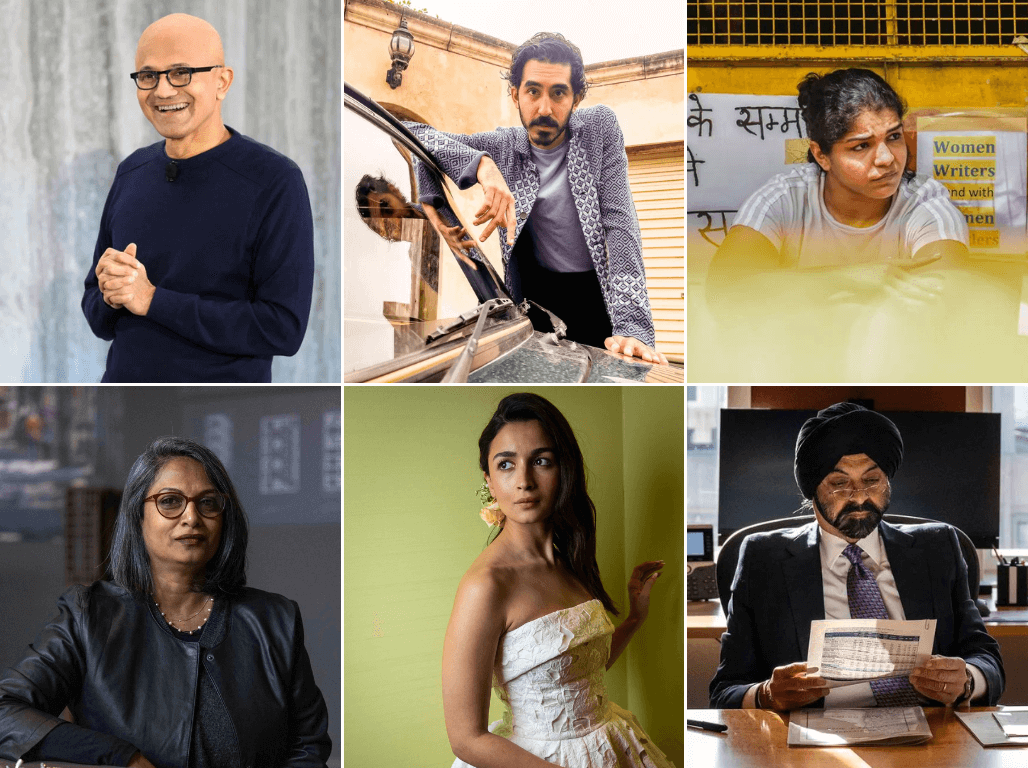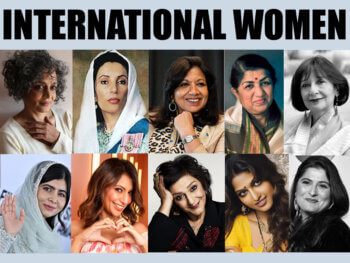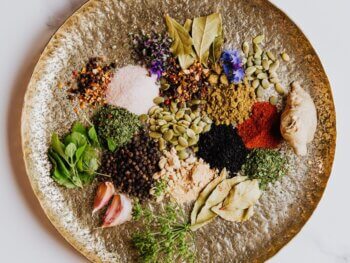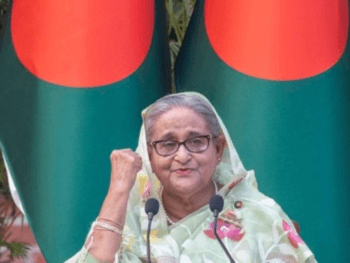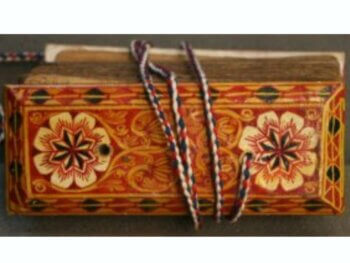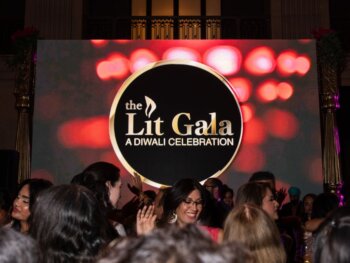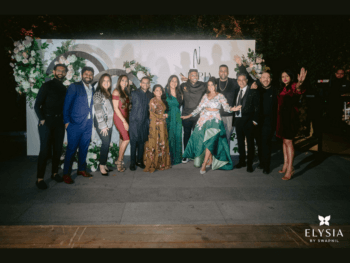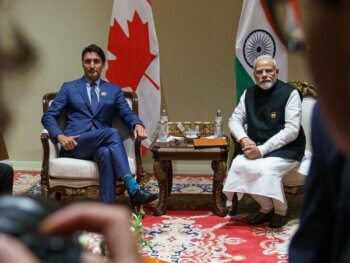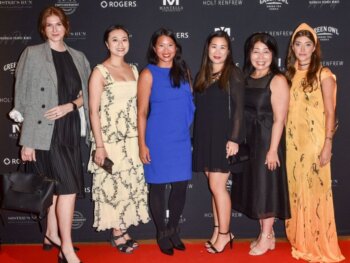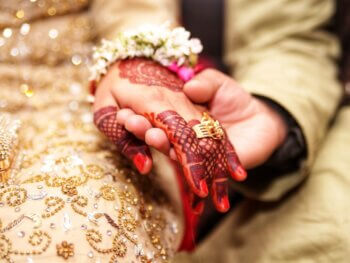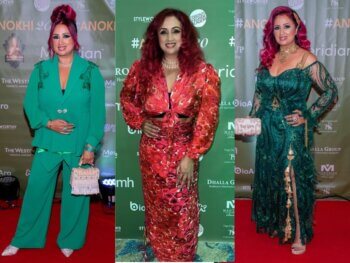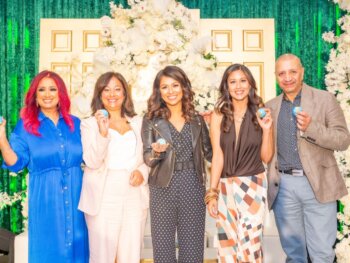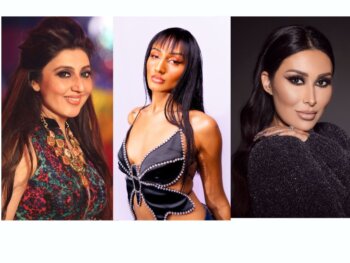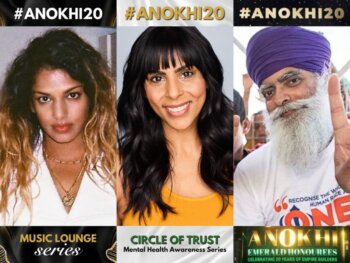Let’s get one thing straight, being called “aunty” used to feel like a low-key insult. It meant you were old (even if you were only 30), nosy, out of touch, and probably had something to say about someone’s outfit, weight, or marital status. But what if we told you the aunty isn’t just evolving… she’s rebranding?
In South Asian communities around the world, the aunty label is being reclaimed, turned into a symbol of power, reinvention, and deep-rooted resilience. From the kitchen to the boardroom, from DMs to DMs, today’s aunties are rewriting the narrative.
And honestly? You should care. Because this isn’t just about aunties, it’s about all of us. It’s about what happens when women stop shrinking and start shaping culture.

Why the Aunty Stereotype Needs a Rethink
The “classic” aunty, always ready with unsolicited advice, usually lurking by the dessert table, has become a caricature. We laugh about her. We dodge her at weddings. We roll our eyes at her comments. But here’s the thing: this stereotype isn’t just a punchline. It’s a symptom of something deeper, how we’ve misunderstood and underestimated generations of women.
For decades, aunties have been the uncredited CEOs of South Asian family life. They’ve been the caregivers, the event planners, the peacekeepers, the financial strategists, the cultural historians, the grief-holders, and the childcare providers. And often, they’ve done it all invisibly. Without applause. Without asking for anything in return.
So yes, the stereotype might feel outdated, but that doesn’t mean the role itself is. It just needs a refresh.
From Nosy to Nurturing (and Now, Necessary)
Today’s aunties aren’t just watching from the sidelines, they’re shaping the conversation. They’re reading about trauma healing, listening to podcasts on generational cycles, and showing up with both karahi and compassion.
We’re seeing aunties who:
- Start therapy and encourage their children and friends to do the same.
- Discuss PCOS, menopause, anxiety, and shame openly, topics that were once swept under the rug.
- Create safe spaces for other women in their community to feel seen, heard, and held.
And they’re doing it while still showing up to every birthday party, graduation, and engagement ceremony with a perfectly folded note in an envelope. Because that’s just how they roll.

Enter the Aunty-Preneurs
Now let’s talk business. Because the modern aunty isn’t just emotionally intelligent, she’s financially savvy too.
Gone are the days when South Asian women were told their “prime” years were behind them after a certain age. Now? They’re launching spice brands, running Etsy shops, managing nonprofits, consulting for corporate giants, hosting podcasts, and building empires, sometimes from the kitchen counter between dinner preps.
This generation of aunties is:
- Digital: They’re creating content, running webinars, mastering Canva, and managing online communities.
- Resourceful: They’re funding passion projects with decades of life skills and zero fear of judgment.
- Inspirational: Because watching someone reinvent themselves at 45 or 60? That’ll do more for your motivation than a quote on Pinterest ever will.
These women are proof that creativity, ambition, and relevance don’t have a time limit. And that’s why this matters, because so many of us fear becoming invisible. The new aunty says: I’m just getting started.
Challenging the Internalised Patriarchy
We also can’t talk about transforming aunty culture without talking about healing it.
Because let’s be real, some of the pain that came from aunty culture (the judgement, the shame, the “what will people say?”) came from internalised patriarchy. From being taught that their value was in their ability to control, correct, and conform.
But today’s women are choosing differently. They’re doing the inner work. They’re unlearning harmful ideas, having tough conversations, and raising kids (and grandkids) with compassion instead of fear.
It’s not about being perfect, it’s about being conscious.
So, Why Should You Care?
Whether you’re already being called aunty or you’re still in the “I’ll never be her” denial phase, this shift affects you. Because redefining aunty culture changes:
- How we value older women in our communities.
- How we see ourselves aging, with dignity, with purpose, and with pride.
- How we raise the next generation, to be softer, braver, and freer.
When we honour and empower the women who came before us (and beside us), we create space to become the women we want to be. That’s the real transformation.
The New-Age Aunty: Still Has Opinions, But Now She Also Has a Brand
So, what kind of aunty are you becoming? The one who heals? Builds? Teaches? Starts over at 50? Or maybe you’re just the aunty who brings dessert and deep convos, either way, there’s room for you here.
The aunty archetype isn’t something to run from, it’s something to reshape.
And if anyone has a problem with that? Well, you’re probably the kind of aunty who’ll tell them, lovingly, but directly.
Featured Image: Simone Singh in a still from Four More Shots Please!
Kiran R. Khan | Culture & Lifestyle Editor
Author
Kiran R. Khan (@kiranrkhanandco) is a journalism graduate from Sheridan College, possesses an extensive freelance portfolio encompassing various topics, including lifestyle posts and profile stories. Kiran loves to craft engaging content that resonates with readers, aiming to leave a lasting impress...






